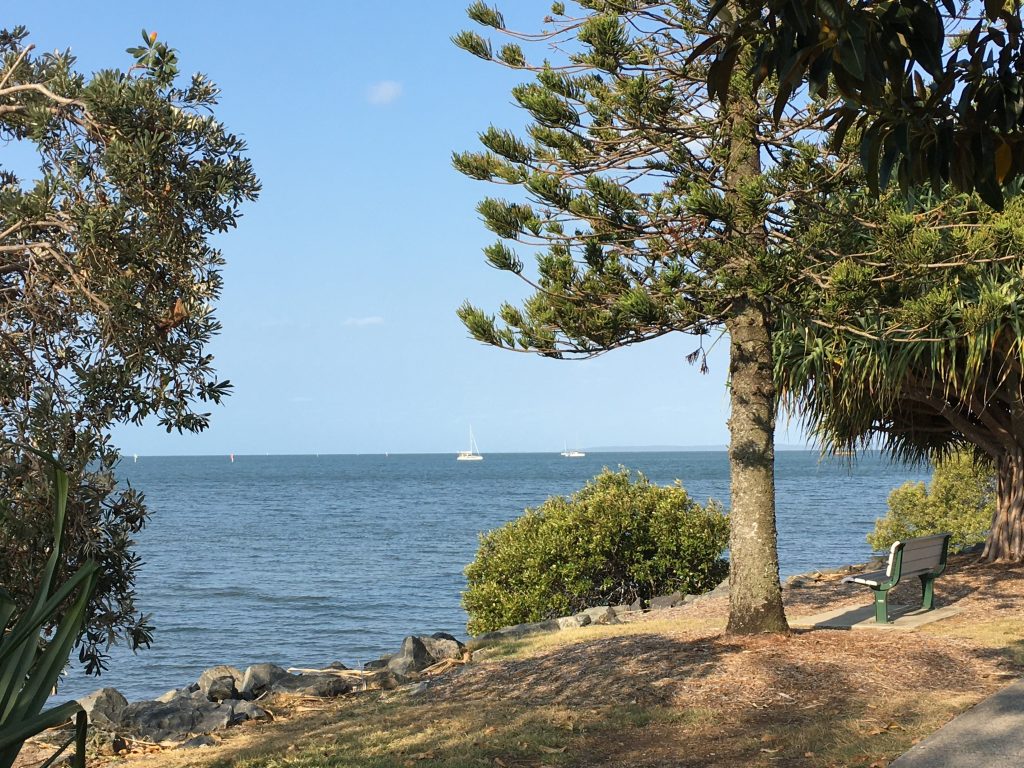“If we are duly prepared, I can promise that the moment of death will be an experience of rejoicing. If we are not prepared, it will surely be a time of fear and regret.” (~Anyen Rinpoche)
Be still prepared for death—and death or life shall thereby be the sweeter. (~William Shakespeare)
Even for spiritual practitioners, death remains a dreaded event. We dread it because we don’t know about it. We do not look forward to death because we don’t know what to look forward to. For most of us, it’s still the great unknown.
The moment of death, like that of birth, is our time of greatest need. The beginning and the end of life are characterized by vulnerability, bewilderment, and rich opportunity. In both cases we are stepping into new territory—the world of the living or the world of the dead.
While guidelines are helpful, they are not meant to restrict the sacred experience of death. The map is never the territory.
Even though, for example, death and rebirth are described in extraordinary detail by the Tibetans, dying is never as tidy as the written word.
It is important for the dying, and their caregivers, to study and prepare. But preparation only goes so far. Fixating on the idea of a “good death” can paradoxically prevent one.
If we think that our death will follow a prescribed order, and that perfect preparation leads to a perfect death, we will constrict the wonder of a mysterious process. Surrender is more important than control.
A good death is defined by a complete openness to whatever arises. So don’t measure your death against any other, and don’t feel you have to die a certain way. Let your life, and your death, be your own. There are certain things in life that we just do our own way.
The vast literature about conscious dying is therefore a blessing and a curse. At a certain point we have to leap into death with a beginner’s mind and a spirit of adventure.
Visions of the perfect death create expectations, a model that we feel we have to match. If experience doesn’t match expectation, we might panic. “This isn’t how it’s supposed to be,” “I didn’t plan on it ending this way.” Death is about letting go. That includes letting go of any expectations.
The danger in learning too much about death is that we end up pre-packaging the experience, forcing reality into the straightjacket of our concepts. The best approach is that of the middle way.
Learn as much as you can. Study, practice, and prepare. Then drop everything and let this natural process occur naturally. Throw away the map and fearlessly enter the territory. It’s like preparing for a big trip. We want to pack properly, review our checklists, and ensure we have enough money and gas.
But when the trip starts we just enjoy it. We don’t worry about doing it perfectly. Some of our greatest travel adventures happen when we take a wrong turn or get lost.
Having thoroughly prepared, we relax in knowing we have everything we need. Getting out of the way and letting death take its natural course is often the best thing to do. Death will always take care of itself.
The Renaissance statesman Montaigne wrote:
“Men come and they go and they trot and they dance, and never a word about death. All well and good. Yet when death does come—to them, their wives, their children, their friends—catching them unawares and unprepared, then what storms of passion overwhelm them, what cries, what fury, what despair! . . . To begin depriving death of its greatest advantage over us, let us adopt a way clean contrary to that common one; let us deprive death of its strangeness, let us frequent it, let us get used to it; let us have nothing more often in mind than death. . . . We do not know where death awaits us: so let us wait for it everywhere. To practice death is to practice freedom. A man who has learned how to die has unlearned how to be a slave.” (Michel de Montaigne, The Essays of Michel de Montaigne, translated and edited by M. A. Screech (London: Allen Lane, 1991), 95.)
Death is so inconvenient. But being unprepared is even more inconvenient.
If one is unprepared, dealing with the details and intensity of death—the emotional impact, preparing for the funeral, handling friends and loved ones, dealing with medical and legal issues—is like preparing for a big wedding in one day. It’s overwhelming. If you deal with some of the details now you can relax at the time of death, and relaxation is the best instruction for how to die. Relaxation is born from familiarity.
Source: Holecek, Andrew. Preparing to Die: Practical Advice and Spiritual Wisdom from the Tibetan Buddhist Tradition. Boston: Shambhala, 2013.
The above information was excerpted and formatted from the Introduction to Preparing to Die (pp. 3-11).
For a PDF copy of the above text, click here.

